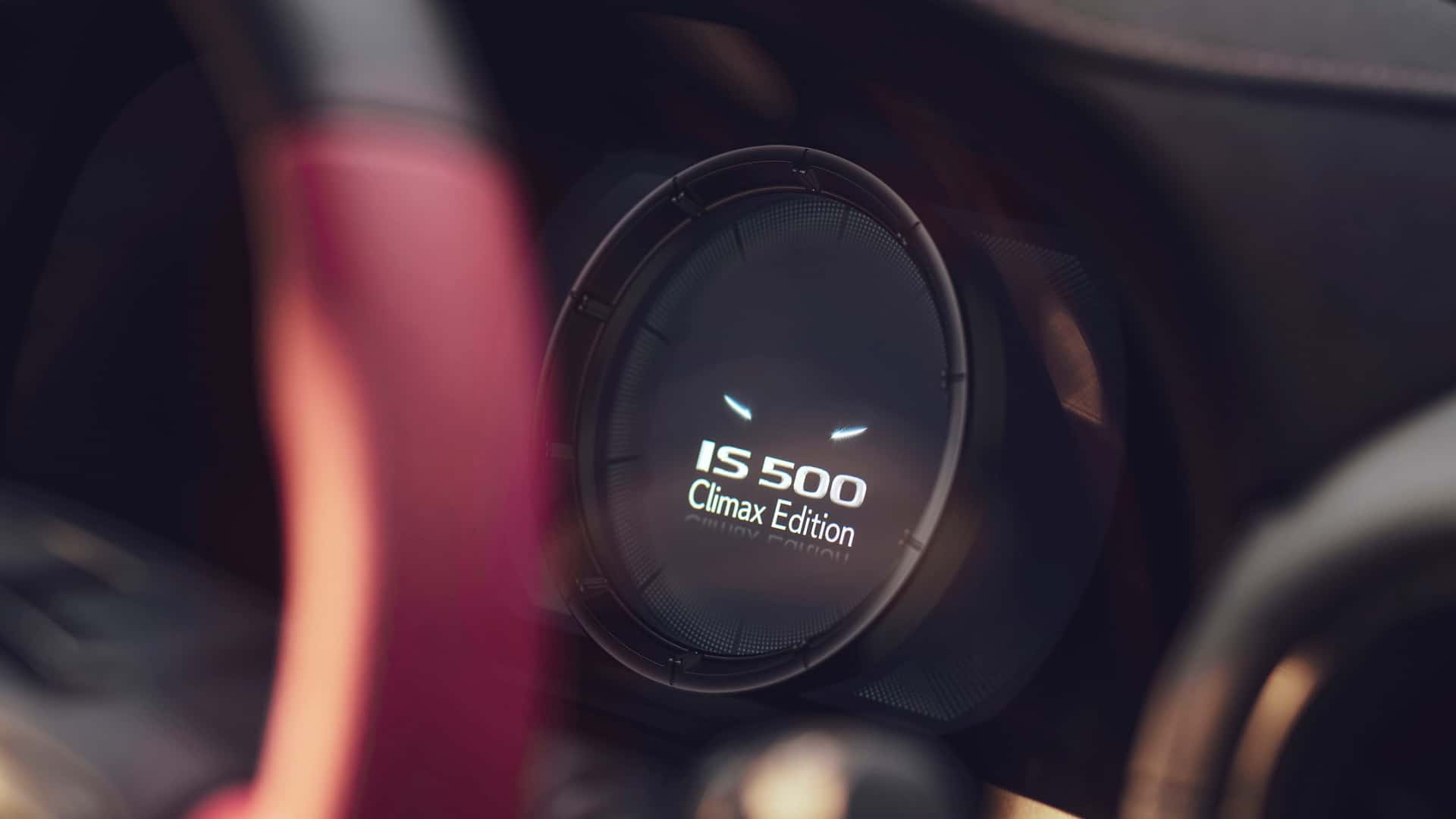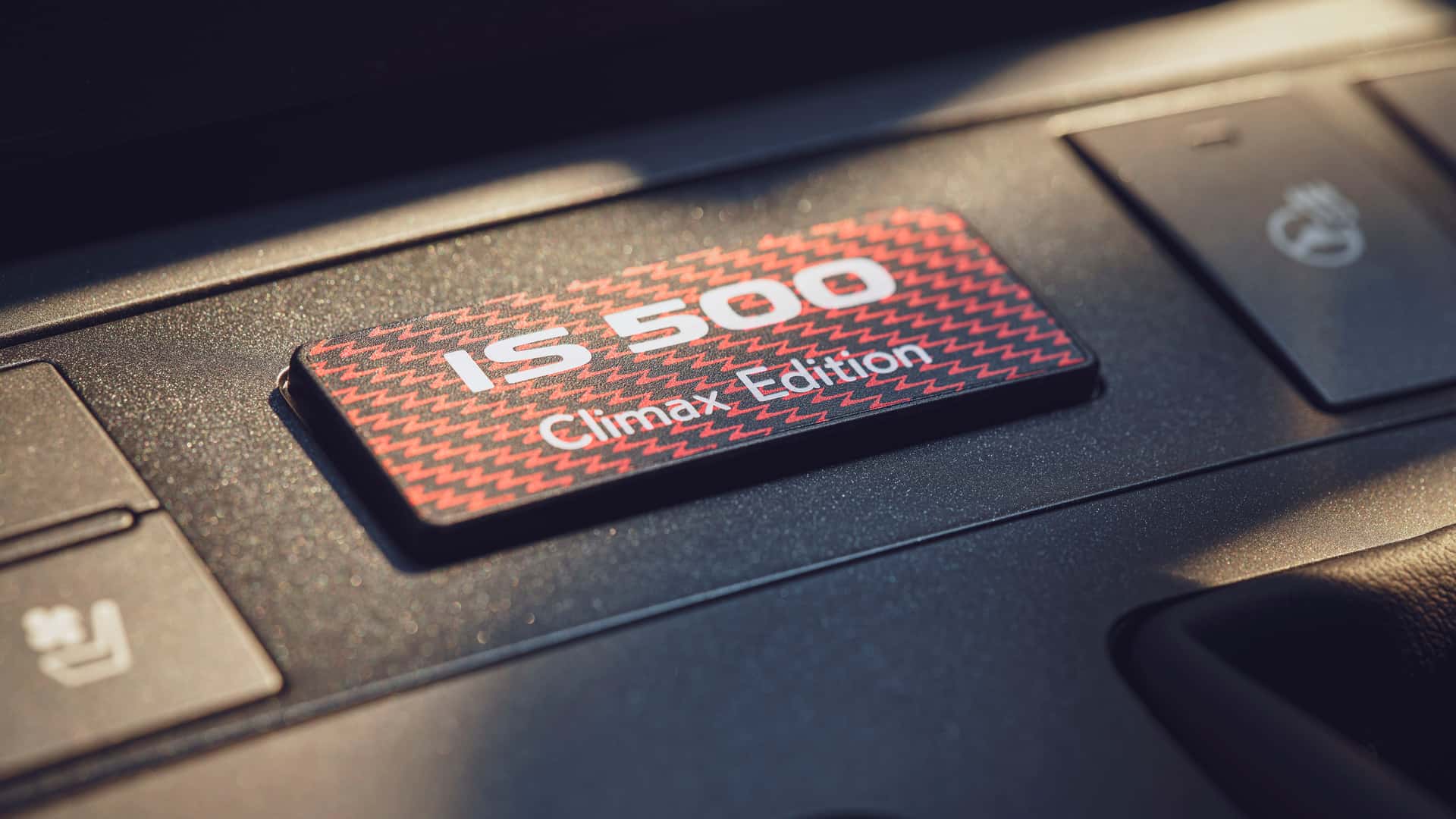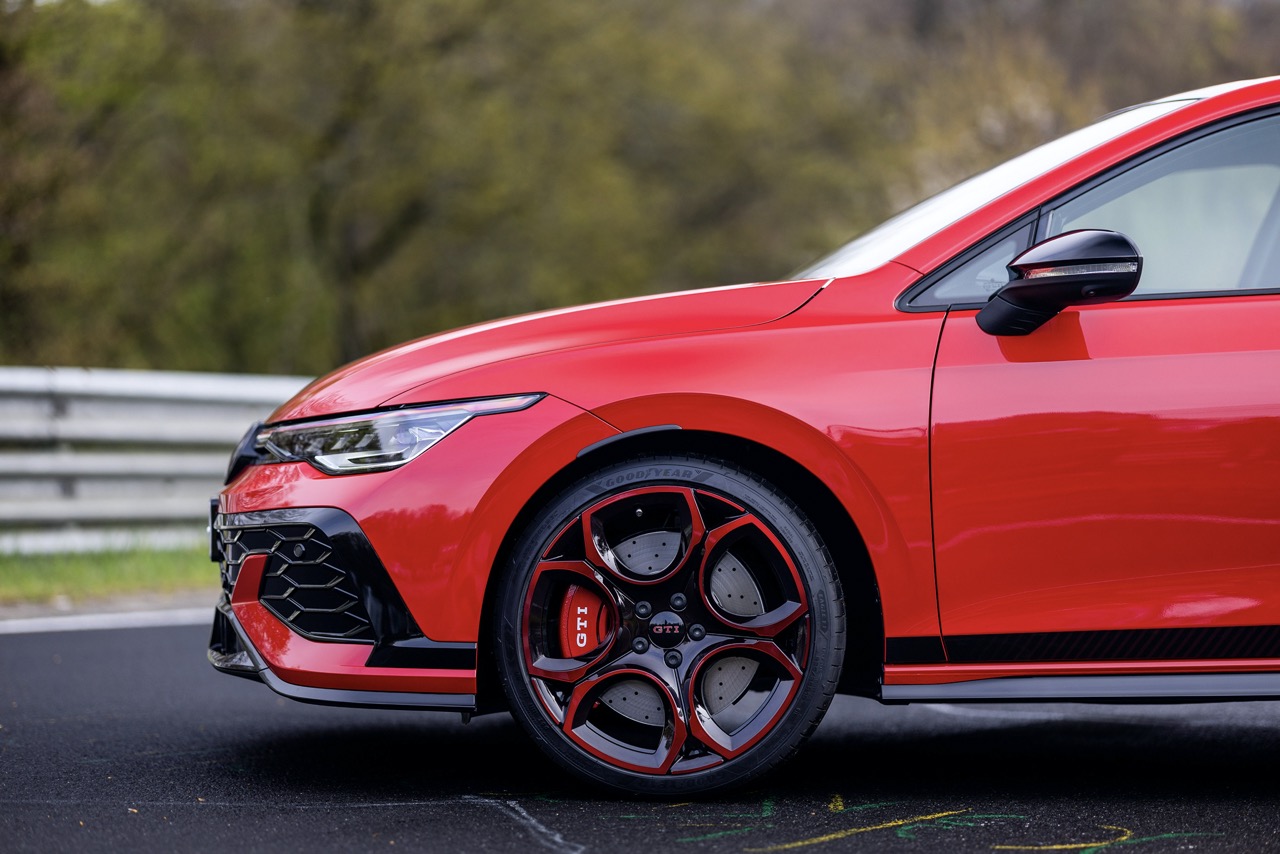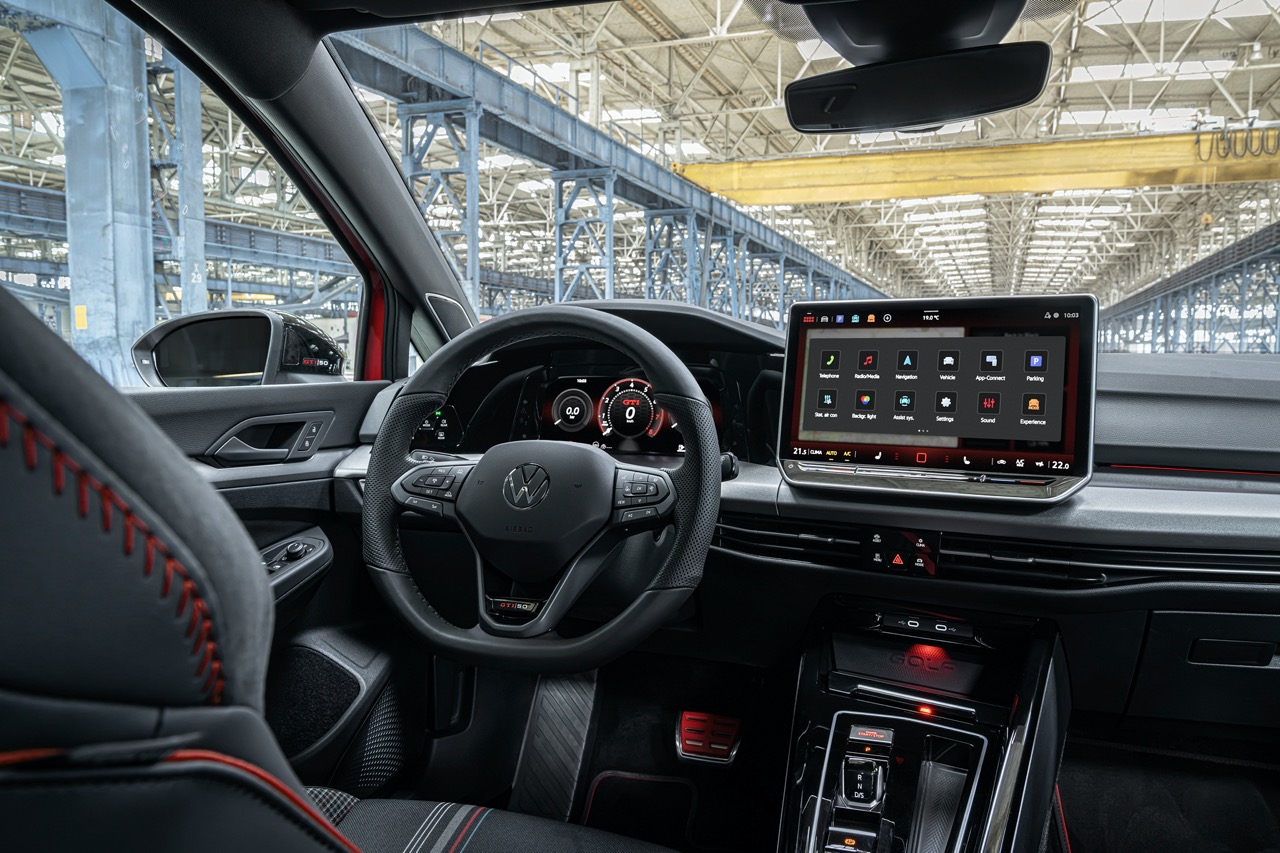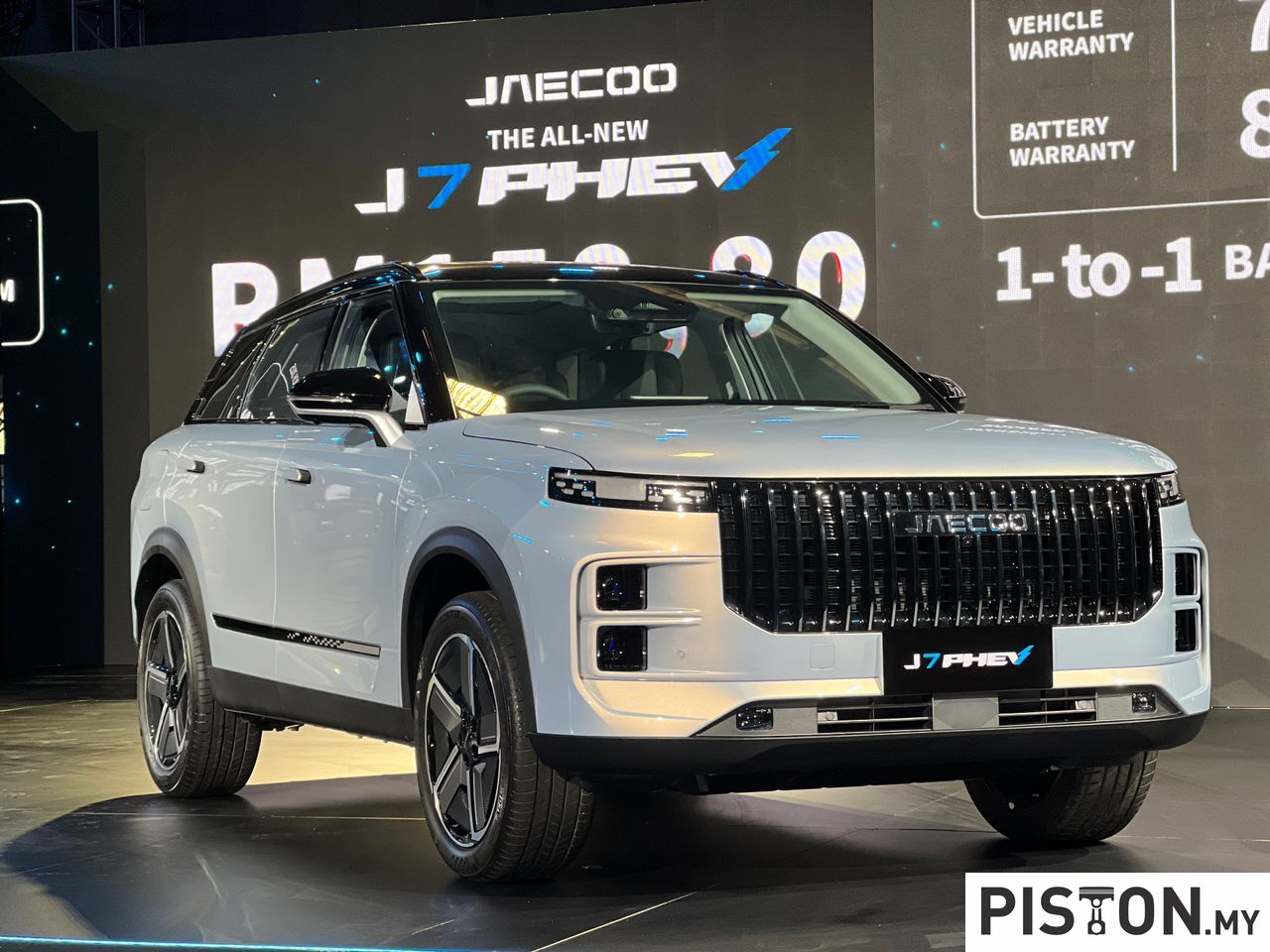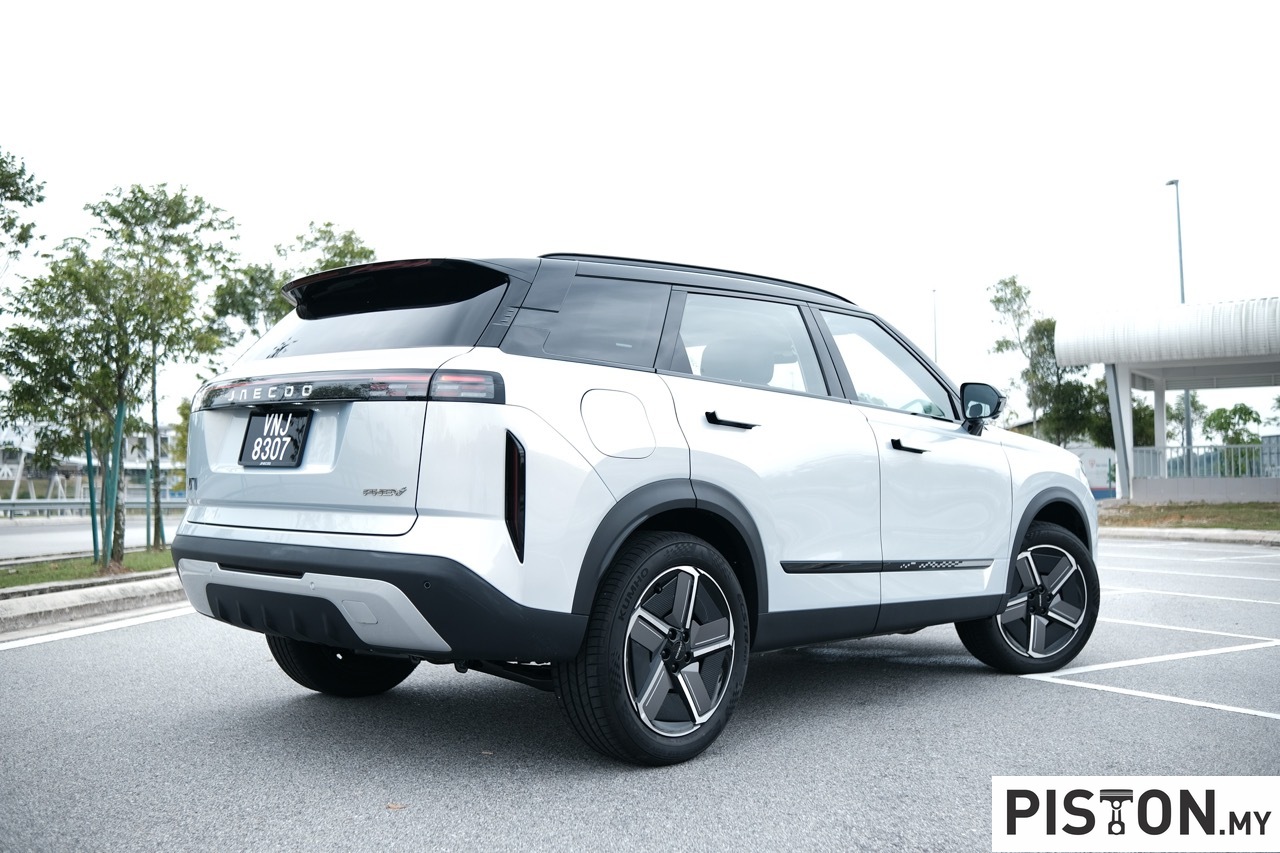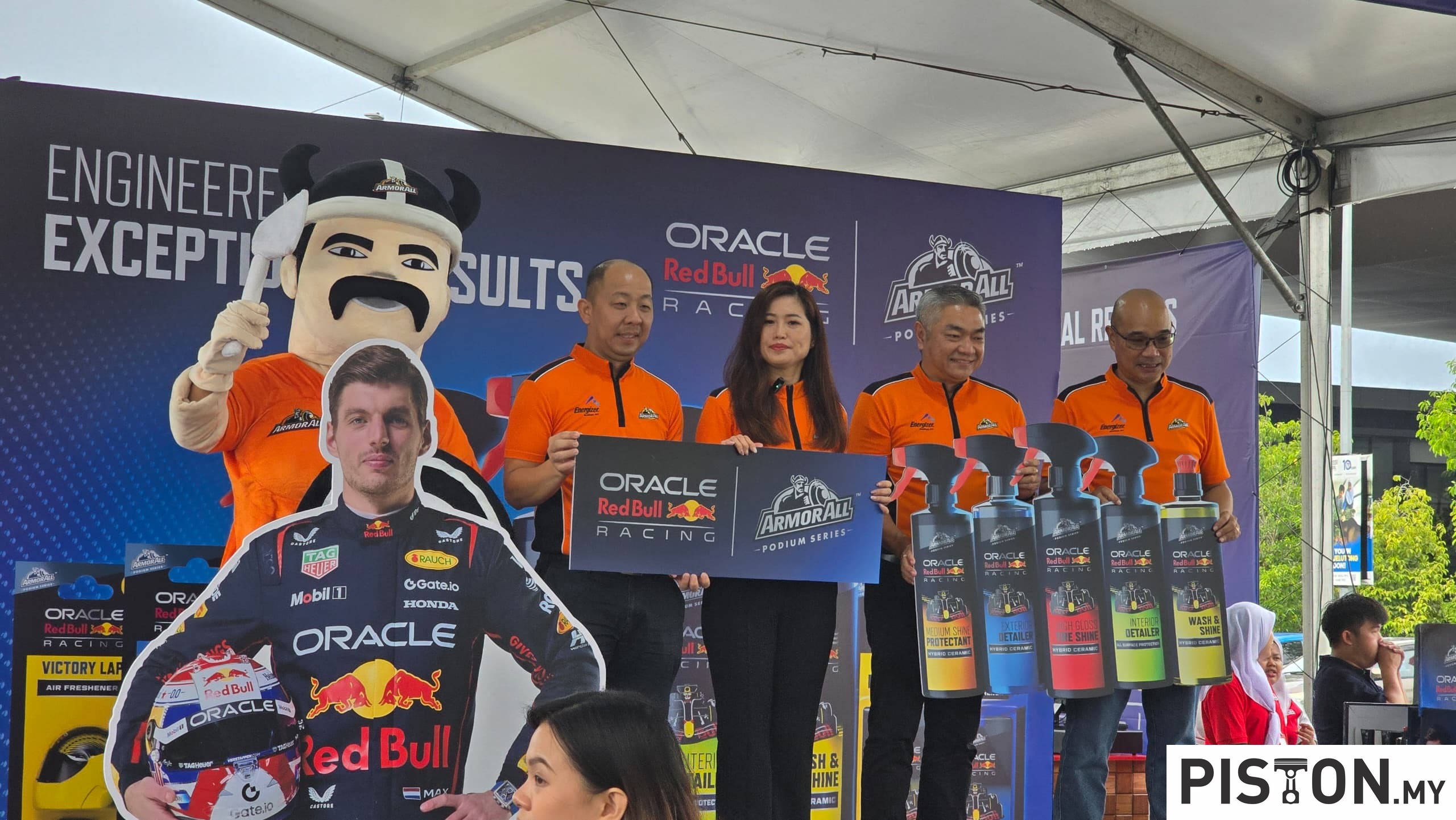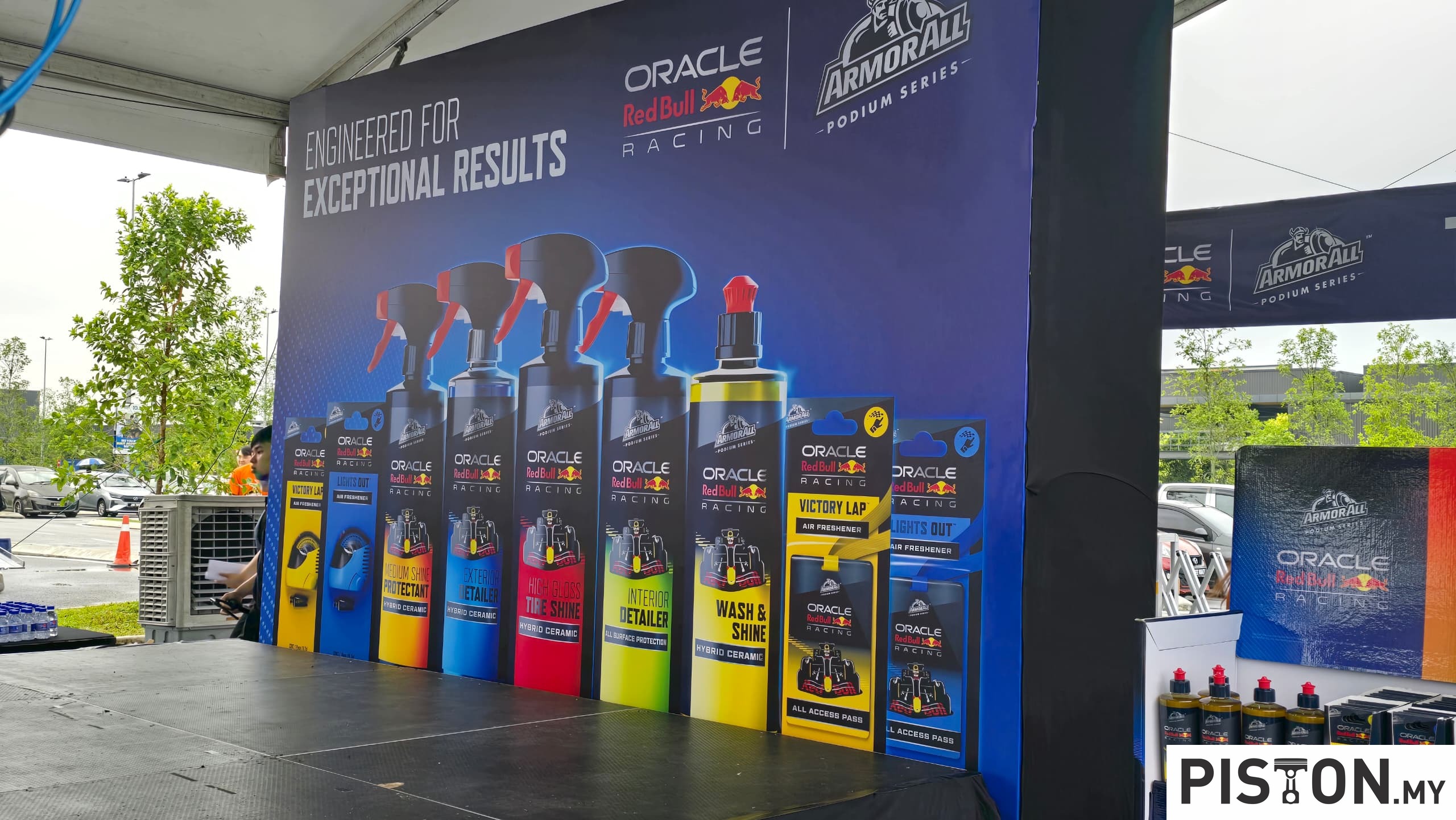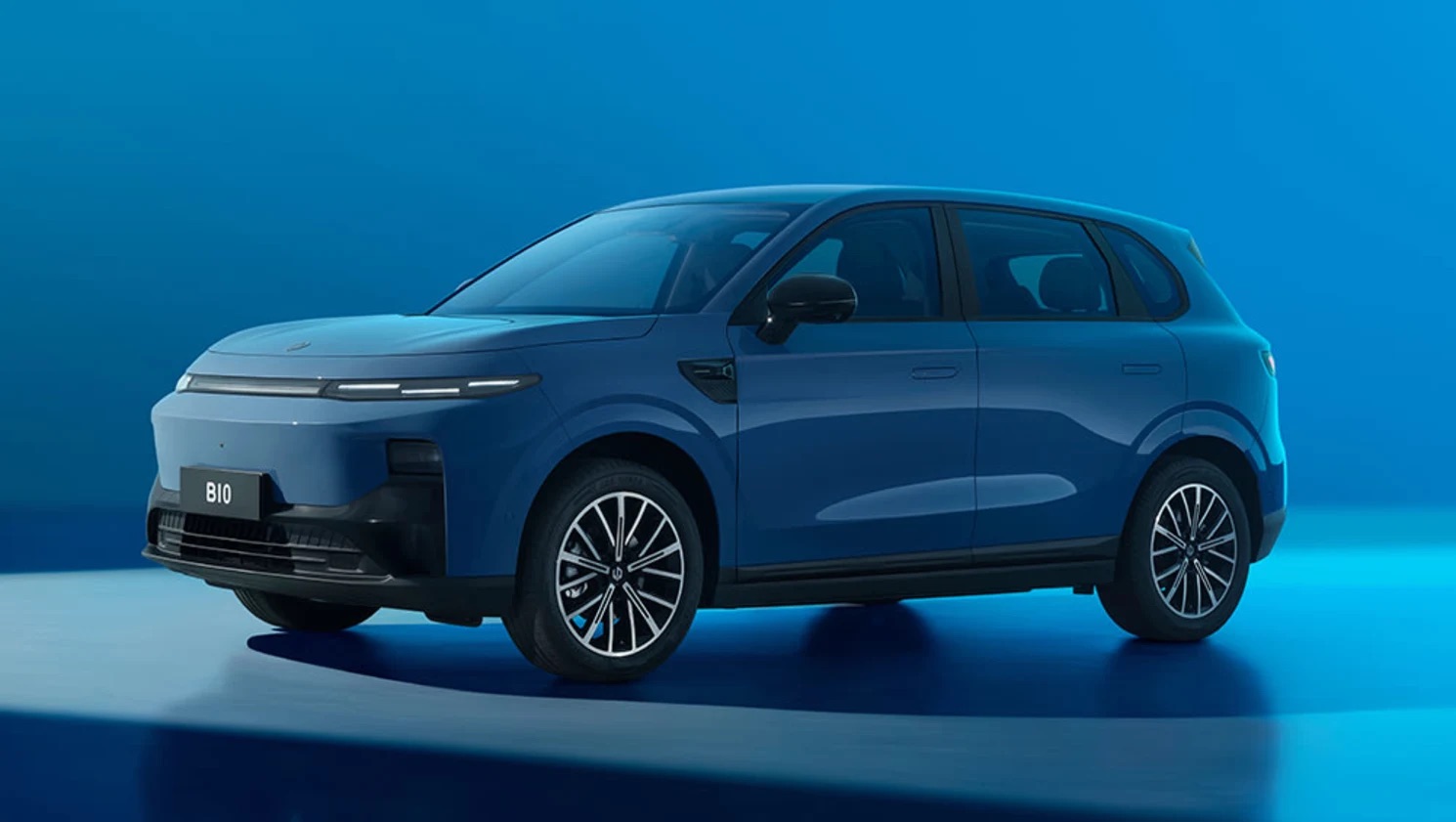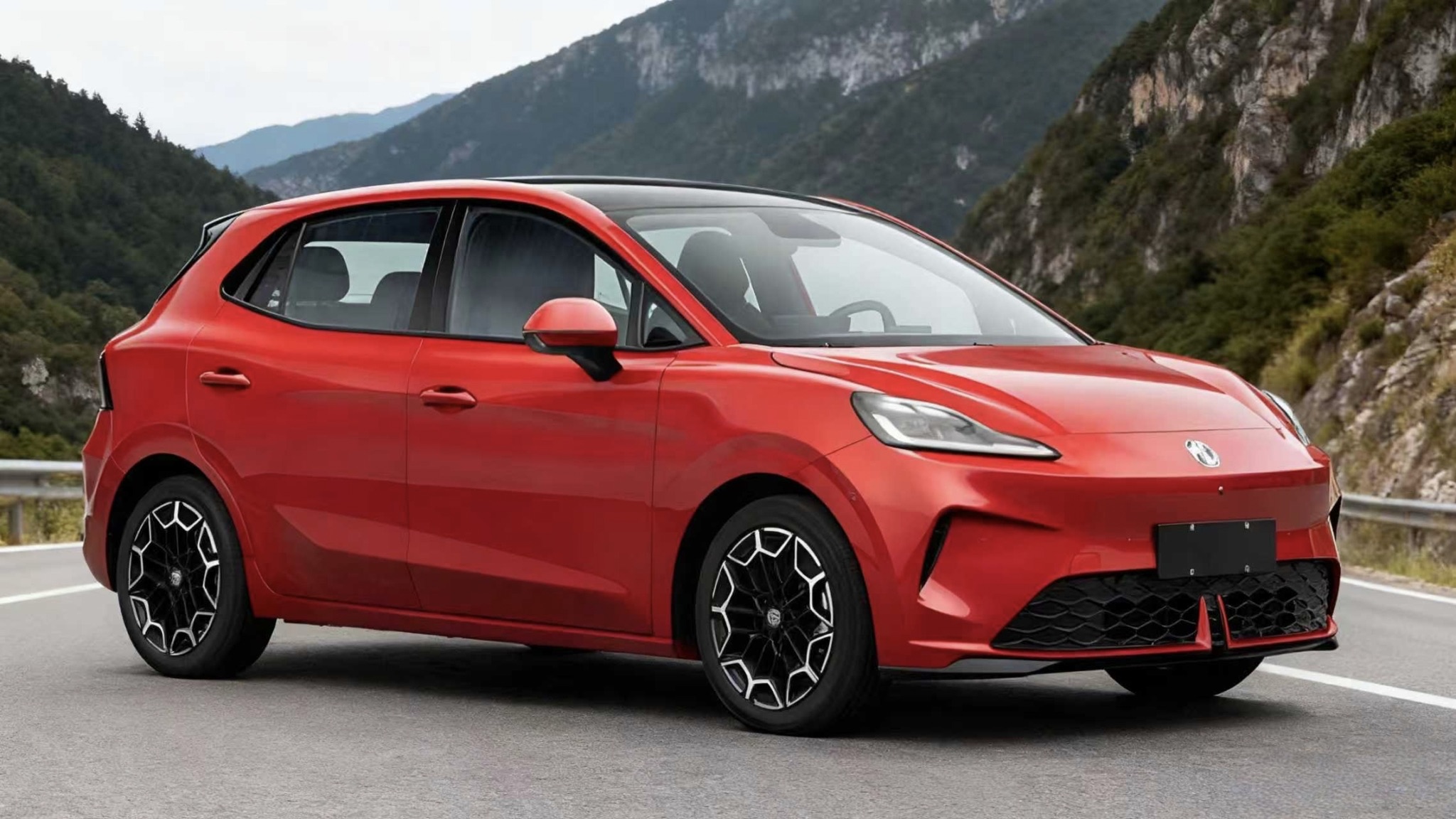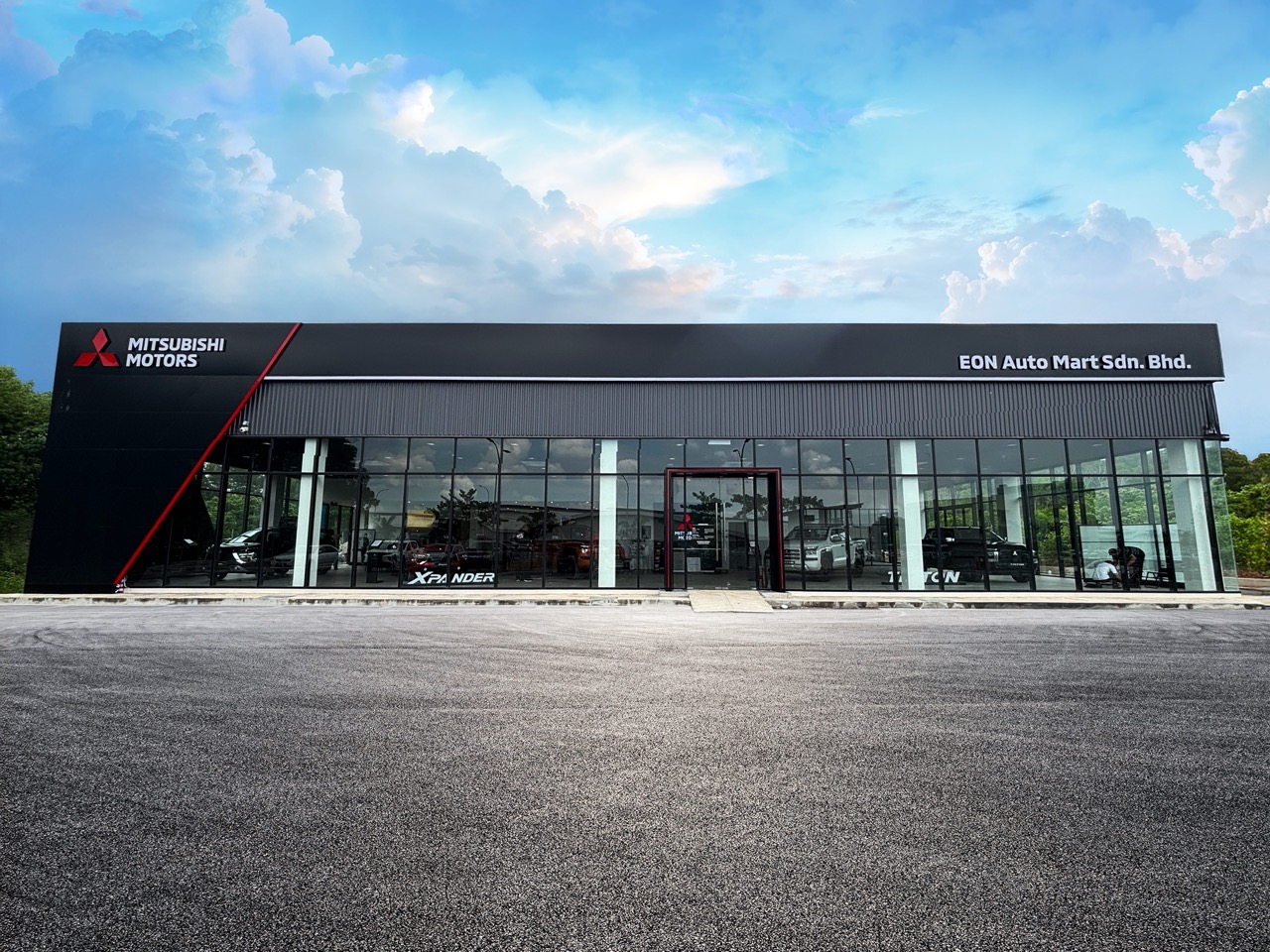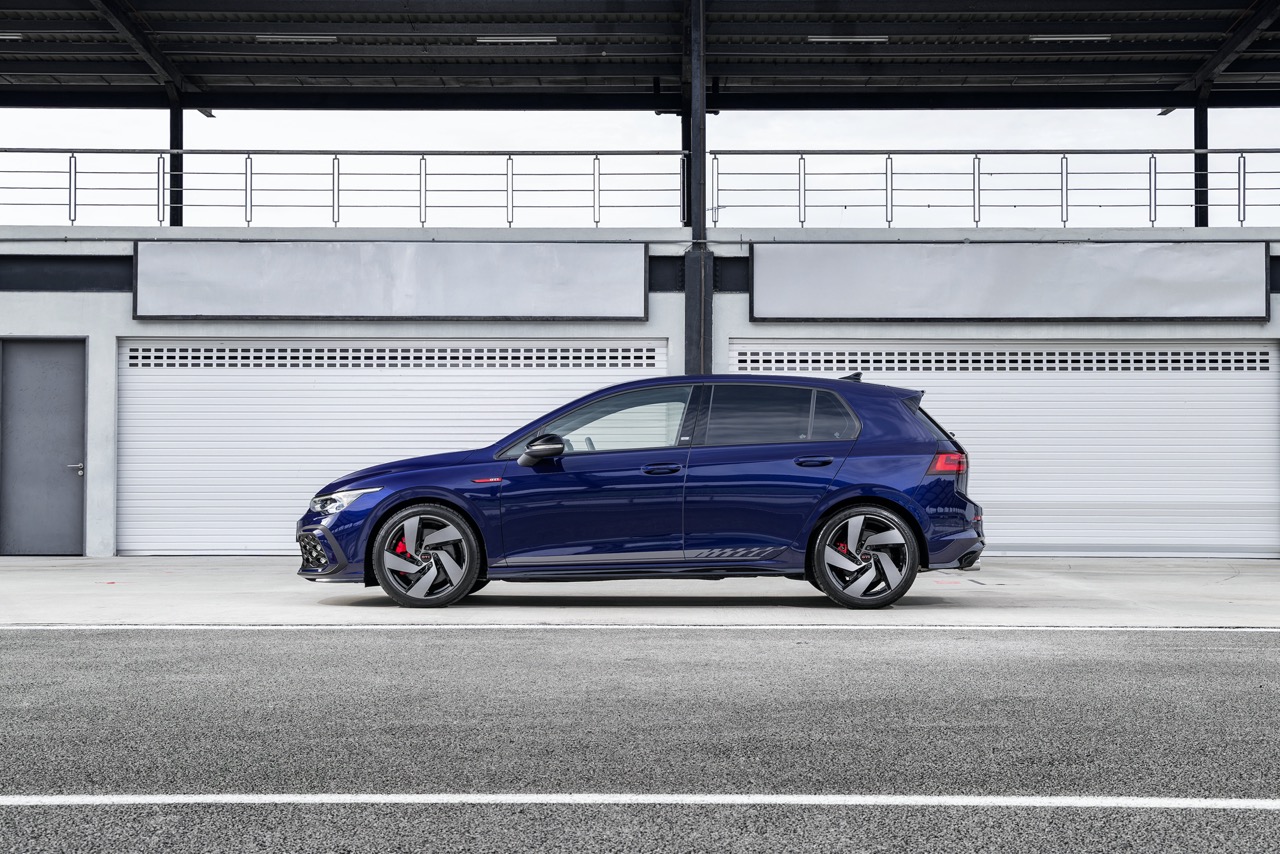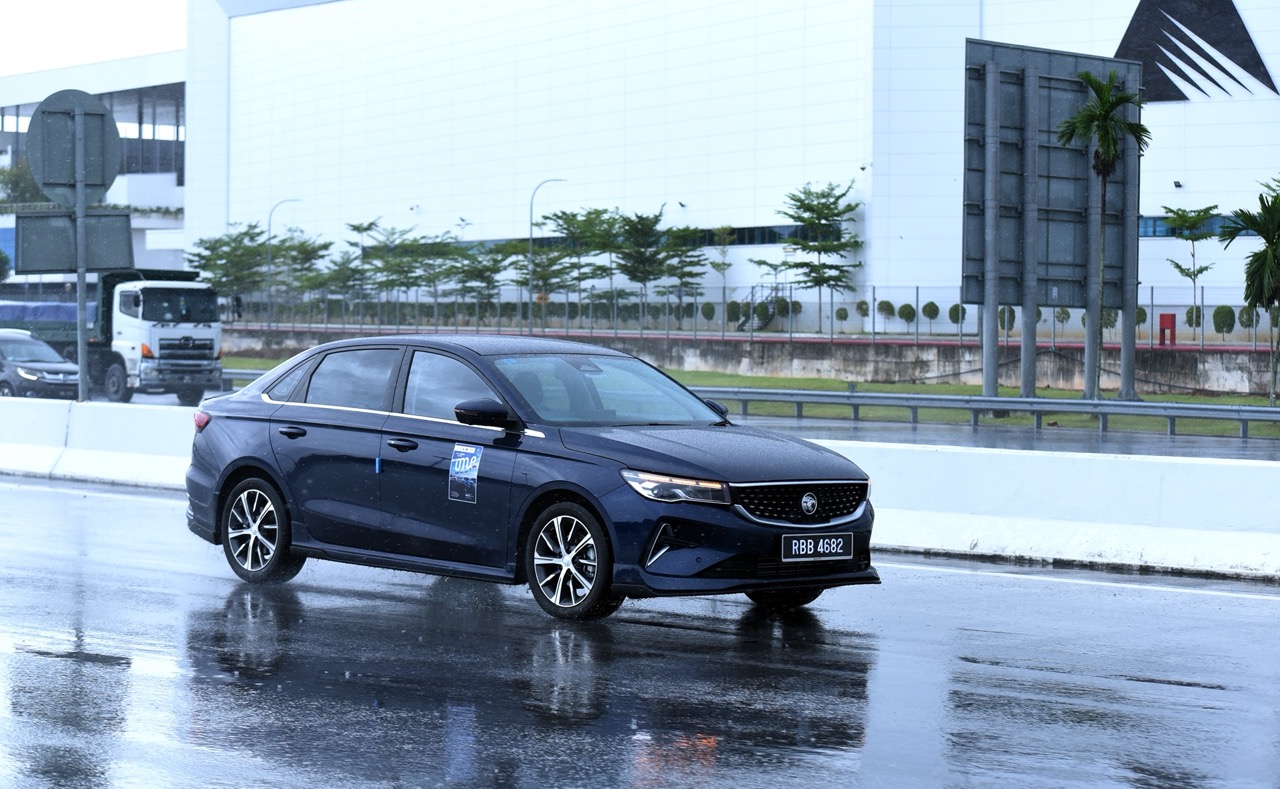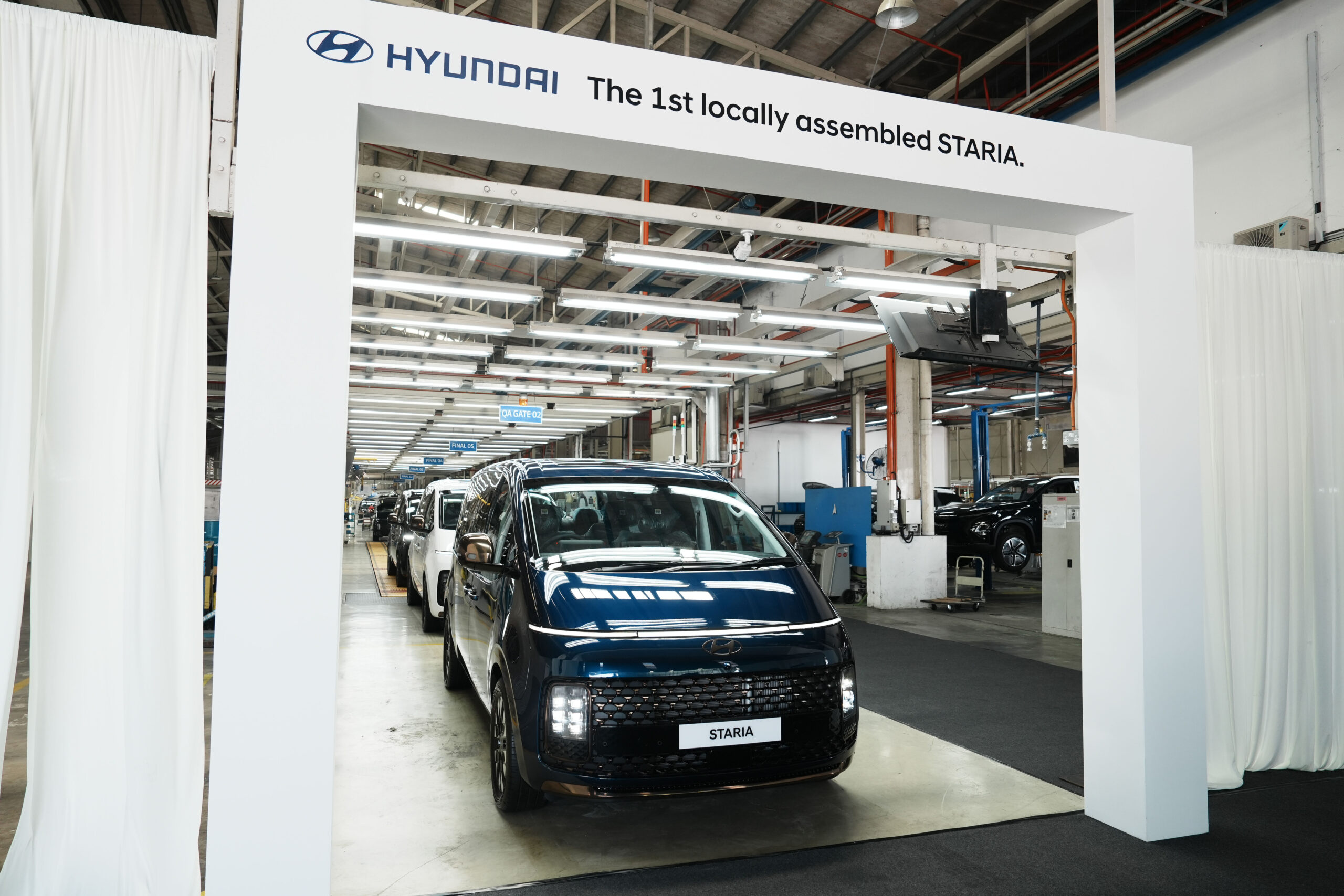The serene shores of Pahang’s southern coastline came alive with energy and engines as camping aficionados, 4×4 adventurers, and motorcycle enthusiasts converged for the Rompin Beach Bash 2025. Held from 13 to 15 June on the picturesque grounds of Villea Rompin Resort & Golf, the event offered a thrilling weekend of outdoor festivities against the backdrop of the South China Sea.
Hosted by By The Billions, the event attracted a diverse mix of participants, including international travellers and local off-road communities, united by their shared passion for the outdoors. Attendees from Singapore, Vietnam, and as far as the Netherlands joined Malaysian drivers to enjoy a packed itinerary of competitions, demonstrations, and social gatherings that celebrated both the thrill of adventure and the warmth of Malaysian hospitality.

The gathering was supported by an impressive roster of sponsors, including Grantt Lubricants, Michelin, Red Springs, Ironman 4×4, Tough Dog, AMP Tires, Saber Offroad, Firemaple, and others, with over RM40,000 worth of prizes up for grabs. Local off-road groups such as Toyota Land Cruiser Prado Malaysia and Santai Drive added to the atmosphere with their strong presence, reflecting the deep camaraderie embedded within the enthusiast community.
Excitement began long before the campsite, as a convoy of modified 4×4 vehicles from Klang Valley assembled at Ironman 4×4’s headquarters in Segambut, Kuala Lumpur. The journey to Rompin grew in scale as drivers from Seremban, Melaka, and Kuantan joined en route, culminating in a dramatic 3km drive across beach sand to the final destination.

With tents pitched and friendships rekindled, participants began settling into their seaside weekend. Stories were exchanged over coffee, barriers of language and nationality effortlessly broken. The event embodied a sense of unity rarely seen, blending families and adrenaline-seekers into one thriving community.
Saturday’s programme commenced with the roar of engines as custom motorcycles and 4x4s rolled onto the beach. More than 90 off-road vehicles, 50 motorcycles, a few campervans and over 300 attendees gathered for a full day of competitions and interactive experiences. The Outdoor Cooking Challenge kickstarted the day, with participants competing to impress judges using Mexican and Asian flavours. Winners walked away with high-performance camp cookware, courtesy of Firemaple.

By midday, the beach transformed into an open-air classroom as M4TREC instructors demonstrated fundamental 4×4 recovery techniques. Participants were invited not only to observe but to engage hands-on with real-world off-road problem solving, reinforcing safety and skill development.

Later, 32 vehicles took on the 4×4 Sand Challenge. Drivers tackled a purpose-built track set among beachside forest trails and abandoned resort buildings. After a competitive time-trial session, Khairuddin, a coffee shop owner from Pontian, Johor, emerged victorious in his new Suzuki Jimny, earning a full set of AMP Tires donated by Red Springs in addition to well-earned bragging rights.
Adrenaline surged into the evening as over 50 custom motorcycles lined up for the Beach Drag competition, backed by Michelin. Riders pushed their machines to the limit across the sand, with the top performers receiving Michelin tyres and a cash prize pool totalling RM6,000.

The success of the Rompin Beach Bash was underscored by the enthusiastic response from attendees. Afiq Feisal, representing By The Billions, highlighted the spirit of inclusivity that defined the event. He noted that participants from across the globe had gathered not just to compete, but to camp, cook and celebrate their passion for exploration and adventure together.
More than just a weekend getaway, Rompin Beach Bash proved to be a meaningful platform for forging connections across communities and brands. By creating a space where camping newcomers, overland veterans, motorcycle hobbyists, and major industry players could mingle freely, the event showcased the enduring power of the outdoors to bring people together, no matter where they come from or what they drive.


